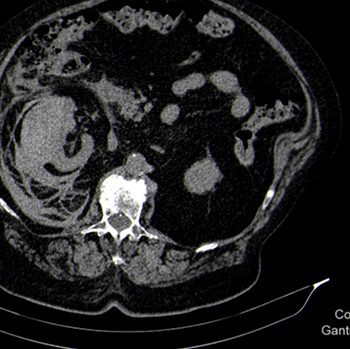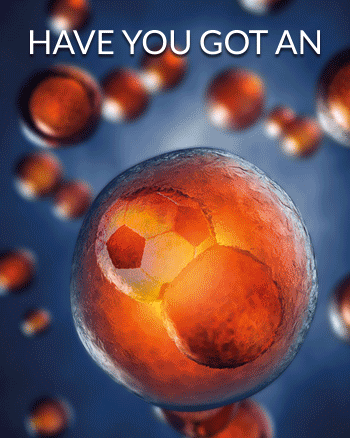Keywords
Spontaneous renal haemorrhage, renal haematoma, Wunderlich syndrome, anticoagulation, flank pain, contrast-enhanced computed tomography
Abstract
Spontaneous renal haemorrhage is a rare but severe condition known as Wunderlich syndrome (WS). The classic presentation includes sudden-onset flank pain, a palpable flank mass and hypovolaemic shock (Lenk’s triad). WS can be due to neoplasms, vascular diseases, cystic rupture, coagulopathies and infections. A contrast-enhanced CT scan of the abdomen is mandatory for diagnosis. Surgery is reserved for haemodynamically unstable patients and those with neoplastic disease. We describe a case of WS in an anticoagulated patient with chronic atrial fibrillation, diabetes mellitus type 2 and hypertension, who developed acute renal failure and severe anaemia, that completely resolved with conservative treatment and discontinuation of anticoagulation therapy.
References

Views: 1220
HTML downloads: 187
PDF downloads: 542
Published:
2022-04-01
Issue:
2022: Vol 9 No 4
(view)










